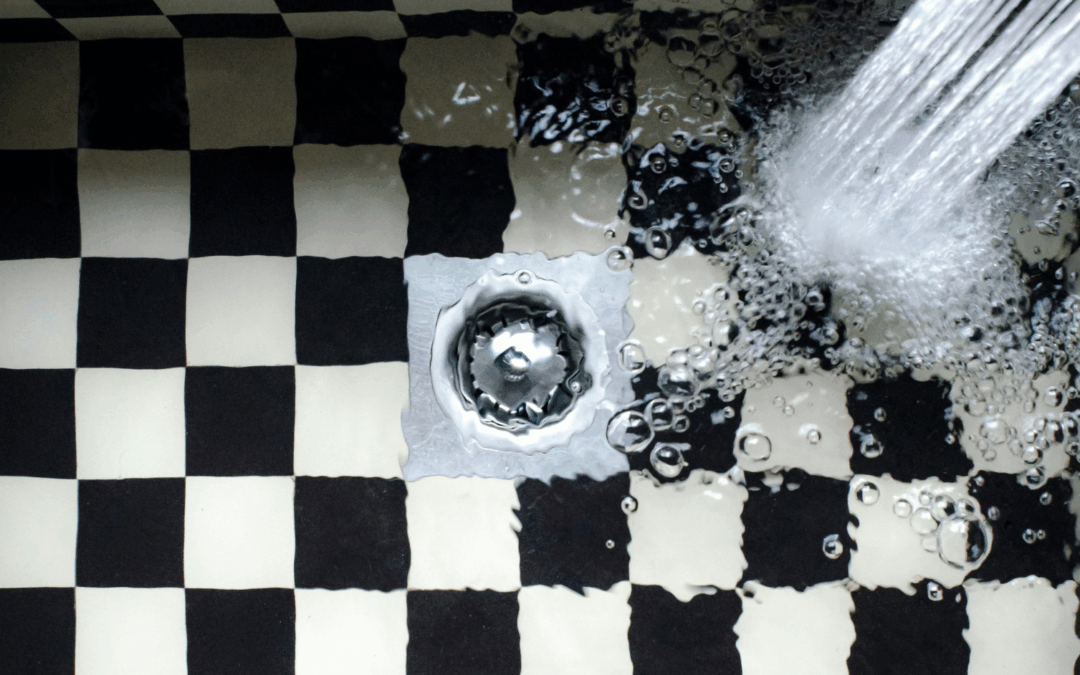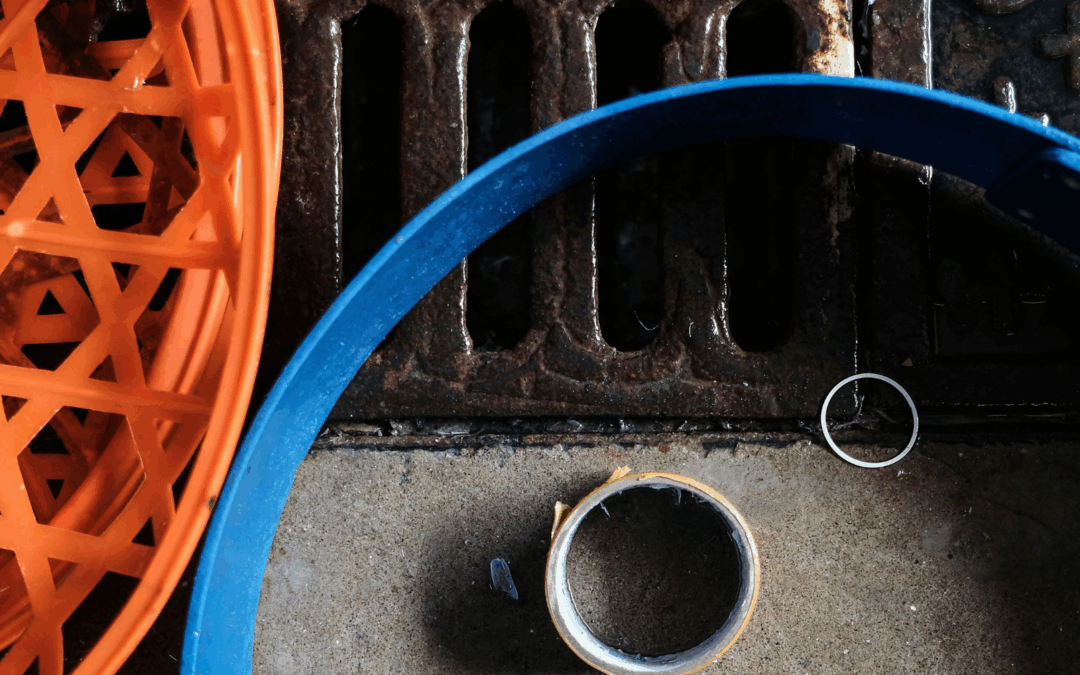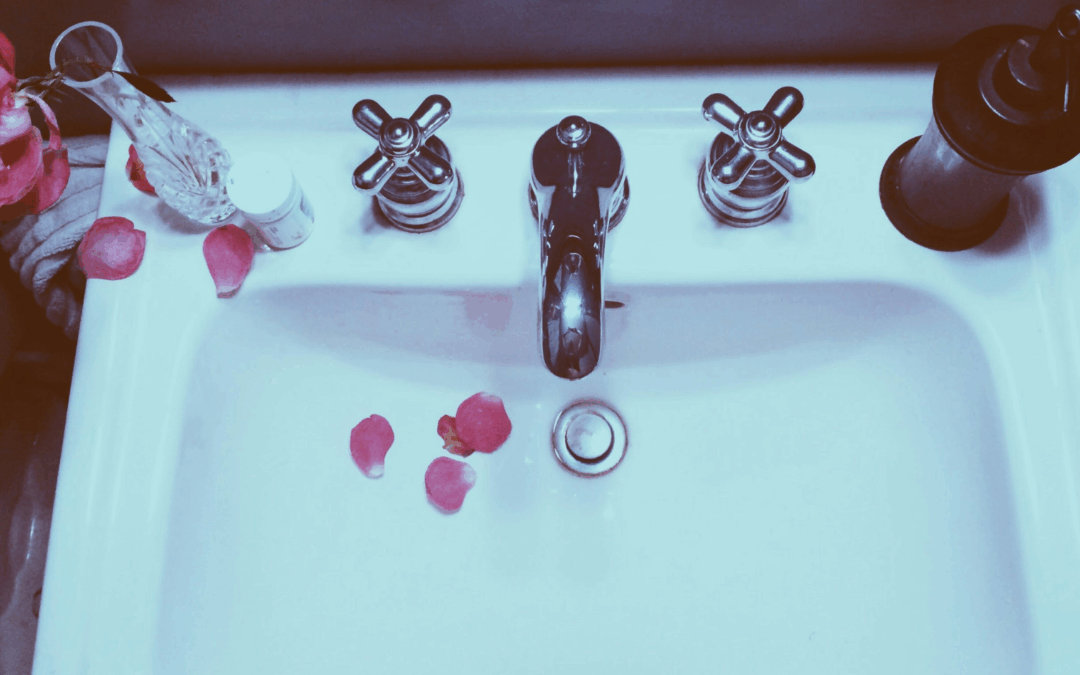If you’re looking for tips on how to reduce sewer bill, you’re in the right place!
As a homeowner, the burden of consistent, hefty sewer bills can leave you feeling swamped. Every month or quarter, these costs can add up, becoming a significant strain on your finances. However, what if we told you, there’s room for reprieve? Surprising as it may be, several strategies can be employed to reduce your sewer bill, and they revolve around one central theme – reducing your water usage. Yes, you heard that right! By making conscious decisions about how and when you use water, you can effectively decrease the amount you are liable to pay.
These strategies do not necessarily entail drastic changes, but rather, involve incorporating simple habits into your day-to-day life and making wise, long-term decisions regarding your home’s plumbing system. In this insightful blog post, we aim to equip you with a multitude of practical, easy-to-implement tips that can aid in significantly reducing your sewer bill. Not only will these tips save you money, but they will also contribute towards a more sustainable lifestyle. So, without further ado, let’s unpack these strategies!
Schedule Service Online
Get a free estimate so you know what you're signing up for
"*" indicates required fields
For Emergency Services Call: 410-255-9300
Average Water and Sewer Bill Costs in the United States
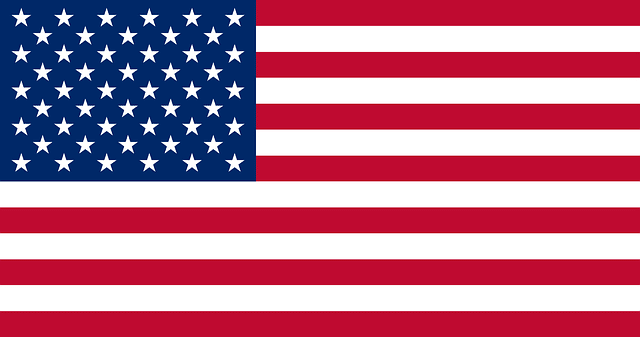
Water and sewer bills may not be the most exciting subject, but understanding the average costs can certainly be helpful for budgeting purposes. According to recent studies, the average household in America pays around $70 per month for water and sewer services combined.
However, this cost can vary greatly based on location, with some areas charging as little as $30 per month while others can be upwards of $150.
It’s important to keep in mind that factors such as household size, water consumption habits, and infrastructure maintenance needs can also impact the final bill amount. By being aware of these factors and researching average costs in your area, you can better plan for these important monthly expenses.
How to Reduce Sewer Bill – Rethink Your Water Usage
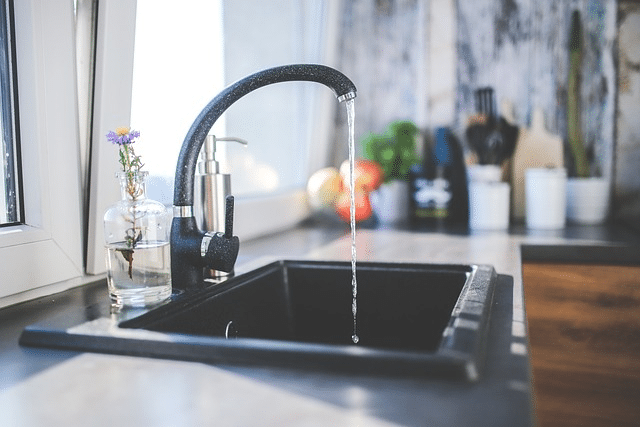
One of the easiest and most effective ways to reduce your sewer bill is by reducing your water usage. Start by turning off the faucet when brushing your teeth and washing the dishes, avoid taking long showers, only run full loads in your dish and clothes washing machines, and be mindful of any additional indoor water usage.
From taking shorter showers to waiting to wash clothes and dishes until your have a full load prepared, there are so many options to reduce your monthly water bill and prevent wasting water. These small changes in your daily habits will not only save you money but also save water, which is a precious resource.
Install Low-Flow Fixtures
Another way to reduce your water usage is by installing low-flow fixtures, like low-flow faucets, in your home. These water efficient appliances are designed to reduce water flow without sacrificing performance.
To make your sink usage more water efficient, install a low-flow faucet. To ensure you use less water every flush, consider a low-flow toilet. To save gallons of water per year, replace your standard shower heads with low-flow ones.
While these fixtures may cost more upfront, they will pay for themselves in the long run by reducing your water bill and, by extension, your sewer bill.
Choose Energy Efficient Appliances

Looking to reduce your sewer bill cost? One way to do so is by choosing energy efficient appliances. Not only will these appliances save you money in the long run, they also help the environment by reducing water waste.
By opting for appliances that have low water usage or use less power to run, you can significantly reduce your monthly sewer bill. Making the switch to energy efficient appliances, like Energy Star, saves you money on your monthly sewer charges, water bill and is good for the environment, making it a win-win!
Are you curious about how energy efficient appliances can make a difference in your home? Look no further than the Environmental Protection Agency (EPA). Their experts say that swapping out standard appliances for energy efficient options can lower your utility bills and reduce your carbon footprint.
From refrigerators to light bulbs, the EPA has valuable information on how to make your home more eco-friendly and cost-effective. Don’t wait to start making a positive impact – check out their resources today!
How to Reduce Sewer Bill – Check for Available Rebates and Incentives

Additionally, some cities even offer rebates or incentives for homeowners who switch to energy efficient appliances. So not only will you save money on your monthly bill, you may also be able to receive further savings through these programs. You can also call different utility companies and ask about their available incentives that could save you from high sewer fees, water bills, and energy bills.
Curb Outdoor Water Usage
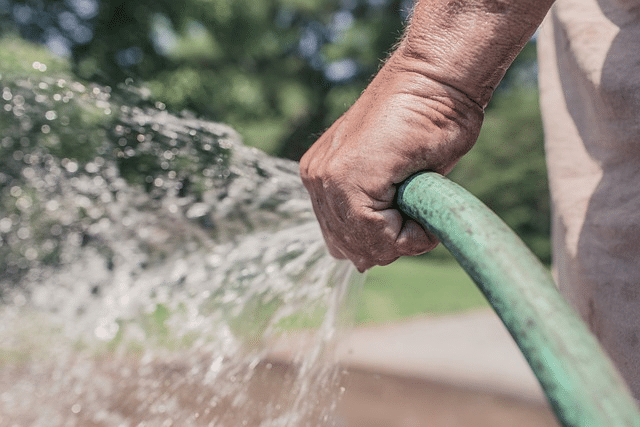
Outdoor water usage can add up to your sewer bill if you are not careful. To avoid this, only water your lawn and garden when necessary and adjust the watering system to prevent over-watering.
If you have a sprinkler system, implement a rain sensor to avoid wasted water. Additionally, you can collect rainwater in barrels and use it for watering plants and washing your car.
How to Reduce Sewer Bill – Install a Backwater Valve
If you live in an area prone to flooding, a backwater valve can help prevent sewage backup and reduce your sewer bill. A backwater valve is a device that prevents sewage from flowing back into your home during sewage overload.
It also secures the reliable discharge of water and waste from homes to the main sewer. With this device installed, you can avoid expensive water damage repairs and flooding.
Be Mindful of What You Flush
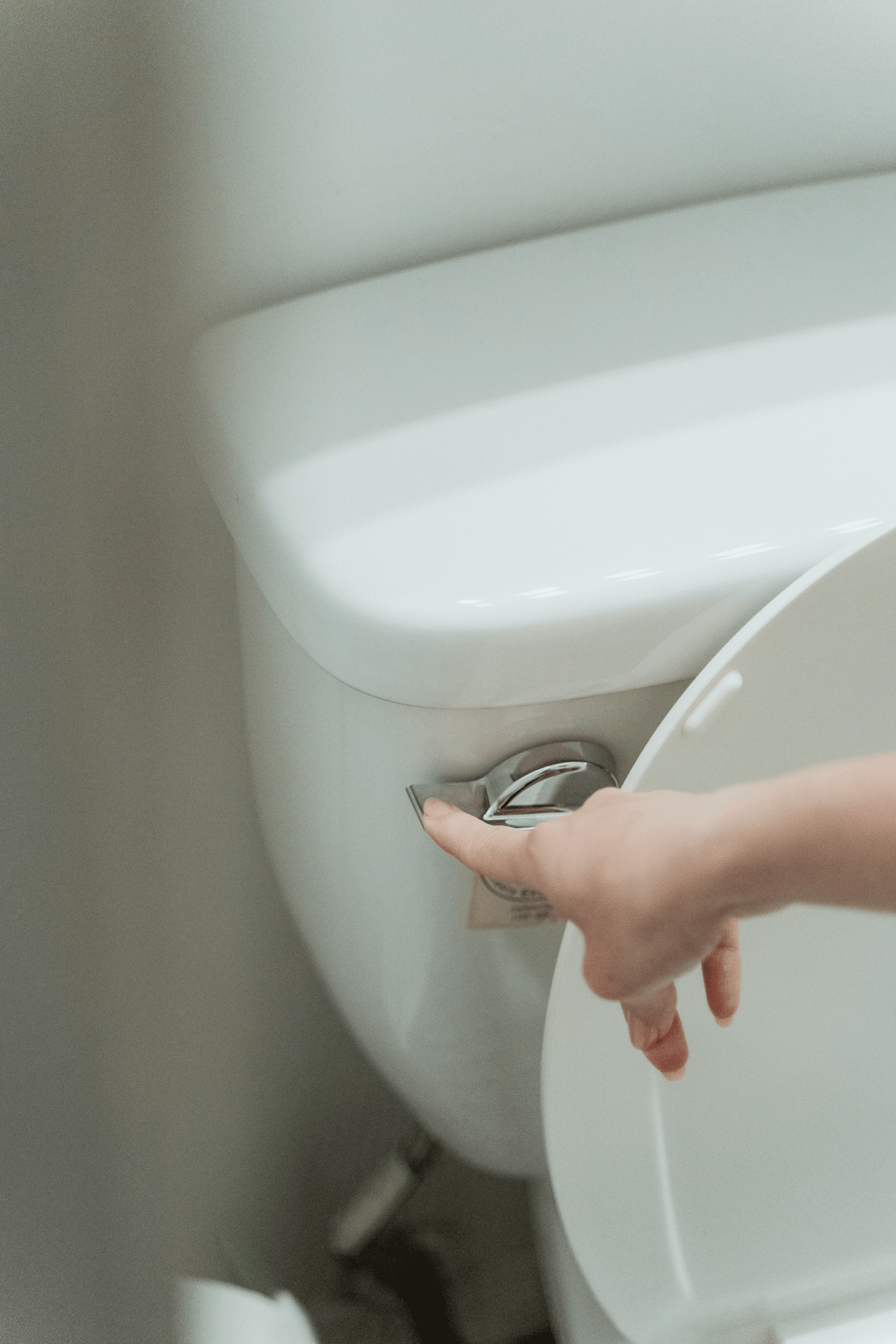
The materials you flush down your toilet significantly impact your sewer bill. Unwary disposal of items like paper towels, wipes, and feminine hygiene products can lead to clogged pipes and blockages.
These items are not designed to disintegrate in water as toilet paper does and instead accumulate in the piping system, causing obstructions. Such incidents necessitate expensive plumbing services to rectify, consequently inflating your sewer bill. To mitigate this issue, these items should be disposed of in a trash can rather than being flushed down the toilet. Even toilet paper should be used sparingly, as excessive use can also contribute to blockages.
Similarly, grease and oil should not be poured down the kitchen sink. When warm, these substances are in a liquid state, but once they cool down, they congeal and stick to the walls of your pipes. Over time, the build-up narrows the pipe, restricting the flow of water and potentially leading to a complete blockage. It’s recommended that fats, oils, and greases be poured into a disposable container and thrown into the trash instead. By implementing these practices, you can keep your pipes clear, reduce your sewer bill, and contribute to a healthier environment.
How to Reduce Sewer Bill – Check for Potential Plumbing Leaks
Are you tired of your high sewer bill costs? One of the easiest ways to reduce your bill is by checking for potential plumbing leaks. Not only will this save you money on your monthly bill, but it will also help conserve water. Leaks are often hidden, so it’s important to inspect all areas of your plumbing system, including faucets, toilets, and pipes.
Make sure to look out for any signs of water damage or mold growth. If you do find a leak, have it repaired as soon as possible to prevent further damage. Remember, a small leak can quickly turn into a big problem if left untreated.
By taking the time to regularly check for leaks, you can help lower your sewer bill and protect your home from water damage.
Final Tips on How to Reduce Sewer Bill
Learning how to reduce sewer bill is not rocket science, and with some simple daily habits and long-term solutions, you can save money and conserve water.
Start by reducing your water usage, installing low-flow fixtures, choosing energy efficient appliances, curbing outdoor water usage, installing a backwater valve, checking for plumbing leaks, and being mindful of what you flush. With these tips in mind, you’re equipped with the necessary knowledge to know how to reduce sewer bill.
About Maryland Sewer and Plumbing Service
Located in Maryland and seeking reliable, top-tier plumbing services, installations, or repairs?Our locally-owned and operated plumbing company, established in 1985, is your go-to solution.
We bring over 30 years of industry expertise to every task, providing efficient resolutions to a comprehensive range of both residential and commercial plumbing concerns.
At Your Service 24/7

Whether your plumbing requirements are intricate or simple, our team of highly qualified, certified experts are committed to offering exceptional service, round-the-clock. We’re at your service 24/7, recognizing that plumbing troubles can arise at the most inconvenient times.
From sewer clean-outs and leak fixing to new fixture installations, we’re your one-stop-shop for all plumbing necessities. To benefit from our outstanding services, simply schedule your required plumbing or sewer service via our website. We pride ourselves on swift service, straightforward pricing, and unmatched customer satisfaction!


